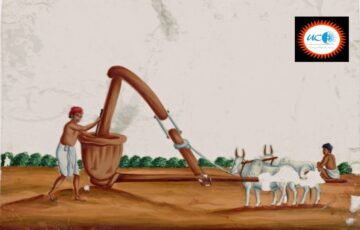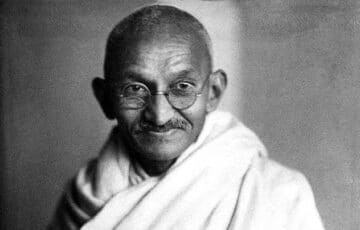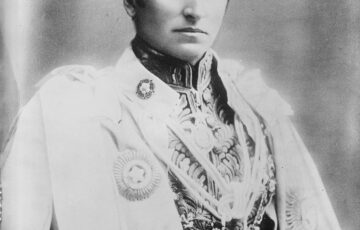Mahatma Gandhi
Throw light on the significance of the thoughts of Mahatma Gandhi in the present times.
Approach
|
Answer
Our Father of the Nation Mahatma Gandhi was an enlightened writer, philosopher, freedom fighter, advocate by profession, and a social worker by nature. He was a visionary and by doing in-depth research, he presented his views on basic humanitarian issues and problems faced by India at that time.
These issues are related to the social, political, economic and religious aspects of the society.
Social Issues
- According to Gandhi, the root cause of intolerance is fear and insecurity. Therefore he advocated the principle of being truthful and fearless throughout life. His idea of fearlessness allowed him to be tolerant of different views and perceptions accommodating different sections of society.
- His ideas of tolerance, compromise and non-violence can serve as a useful tool for the current social crisis of hatred, terrorism and racial and religious conflicts around the world. According to Gandhi, fear can be conquered through meditation and a firm belief in God. Both these qualities make a person tolerant and friendly.
- The modern man can also take great wisdom from what Gandhi said the seven social sins. (Politics without principles; Wealth without work; Commerce without morality; Education without character; Pleasure without conscience; Science without humanity; Worship without sacrifice.). All these are very much relevant in the contemporary world than any other time in human history.
Political Issue
- The idea of ‘interdependence at the international level’ propounded by Gandhi holds immense importance today. No country in the world is able to face the global challenges of environmental degradation, poverty, terrorism etc. alone. Cooperation between nations can be a means to move forward and make some progress in these matters.
- At the domestic level, the idea of Gram Swaraj as propounded by Gandhi has resonated through the constitutional legitimacy of Panchayats and Municipalities. Gandhi believed that village is the real India, and if India has to move ahead and leave its mark on the world, then villages have to be made the basic unit of development. The change in policy for the last three decades for decentralization of governance and politics is echoing Gandhi’s view on Gram Swaraj.
- Also Gandhi’s view ‘Politics without principle is a sin’, should be a lesson for the political class to maintain its integrity and work for the progress of ‘Sarvodaya’ used by them.
- Gandhi’s ideas about the need for cleanliness or women’s empowerment or basic education for all are relevant. ‘Make in India’ is nothing but self-reliance, as Gandhiji insisted.
Economic issues
- Materialistically the world has progressed a lot since last century, but the progress and the fruits of development are unevenly distributed both vertically and horizontally.
- Inequality is rampant all over the world. India today has the unique distinction of being the only country in the world, which has the richest man in the world, while at the same time more than 30 per cent of its population lives in dire poverty.
- According to Gandhi ‘poverty is the worst form of violence’. Gandhi’s idea of upliftment and empowerment of the poor is the first key towards realizing inclusive and sustainable development.
- The Sustainable Development Goals of poverty alleviation, hunger free world, illiteracy, gender equality, dignity of labor, employment opportunities and better health care are goals that resonate Gandhi’s ideas and goals.
Thus, it can be said that ‘Gandhi was the leader of the past who moves in the present and moves towards the future’. He has always been the leader of the times ahead. His ideas are more relevant and important today than ever before.








